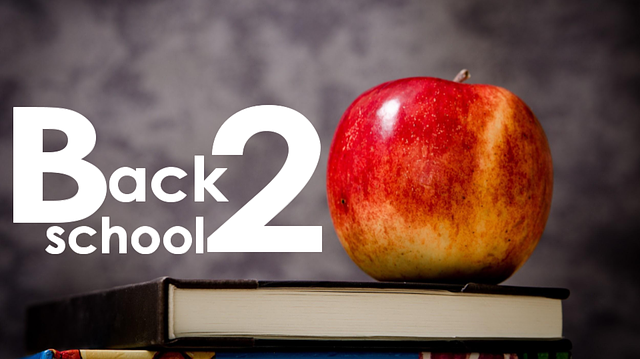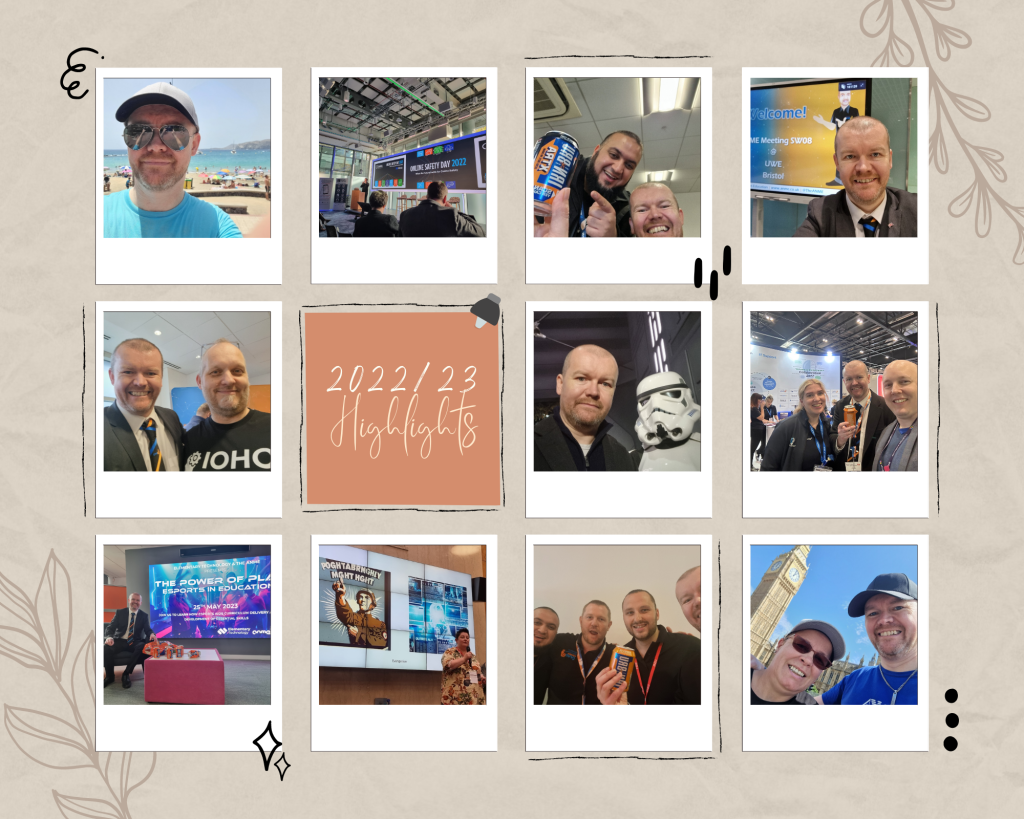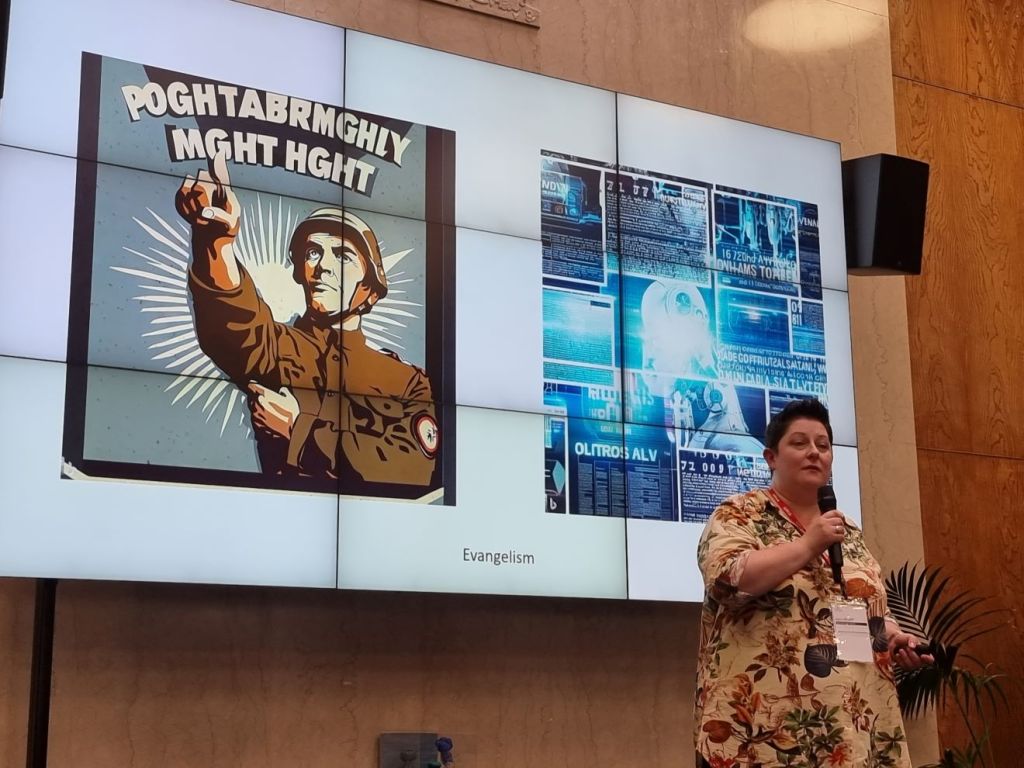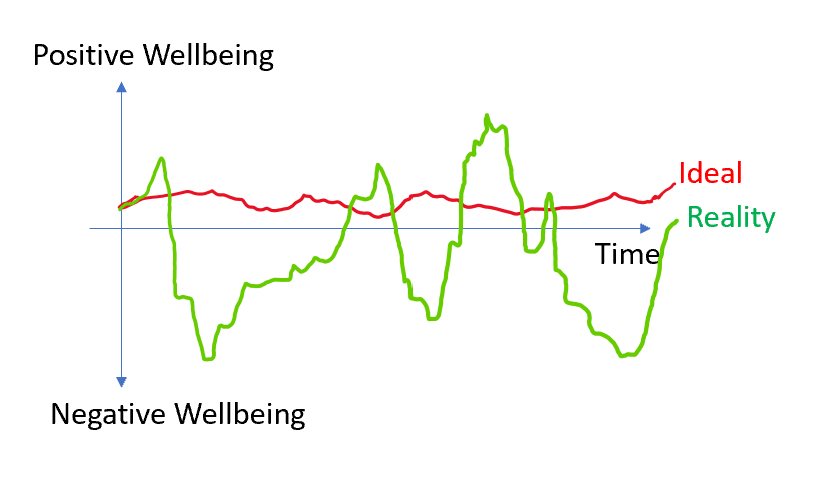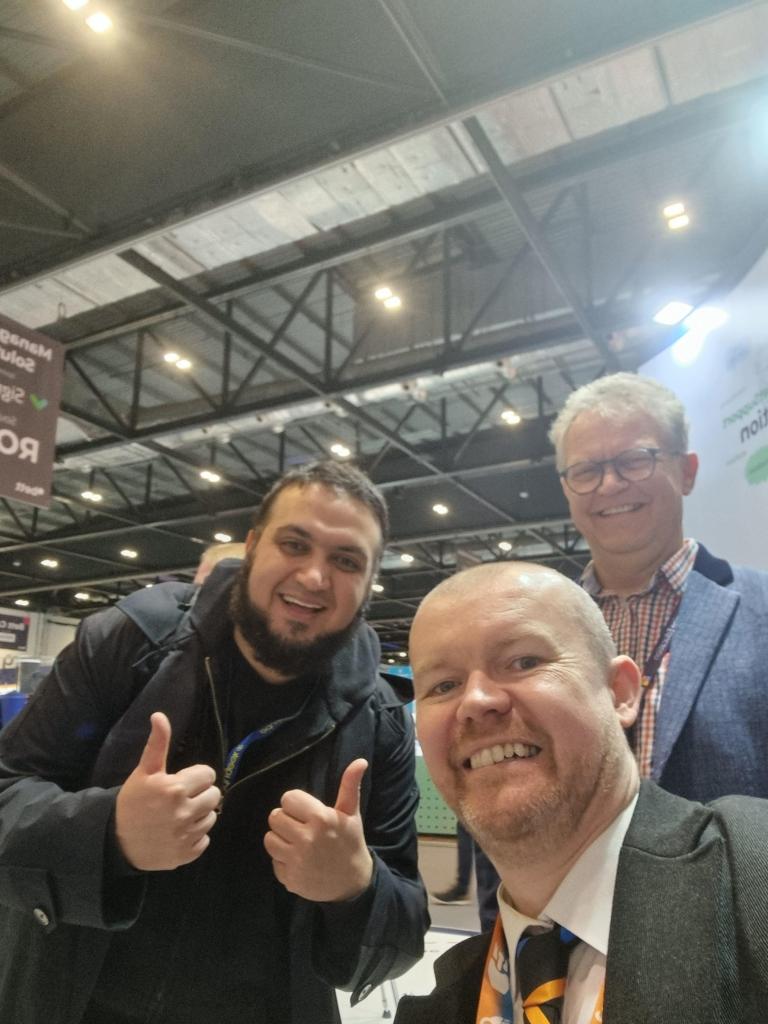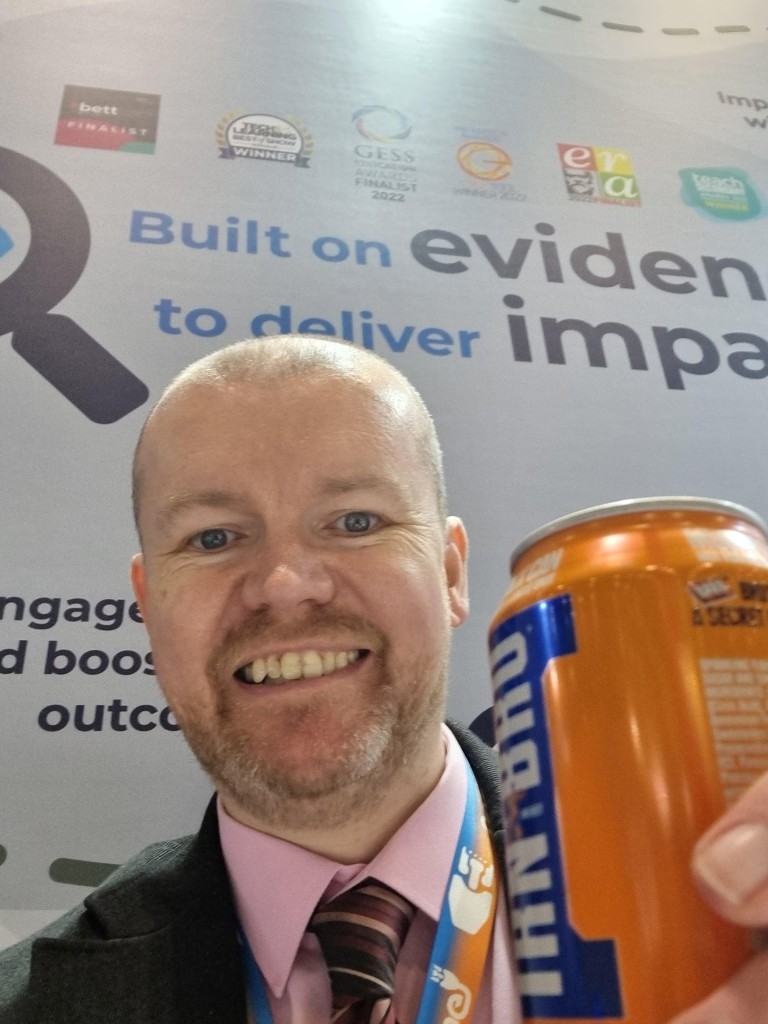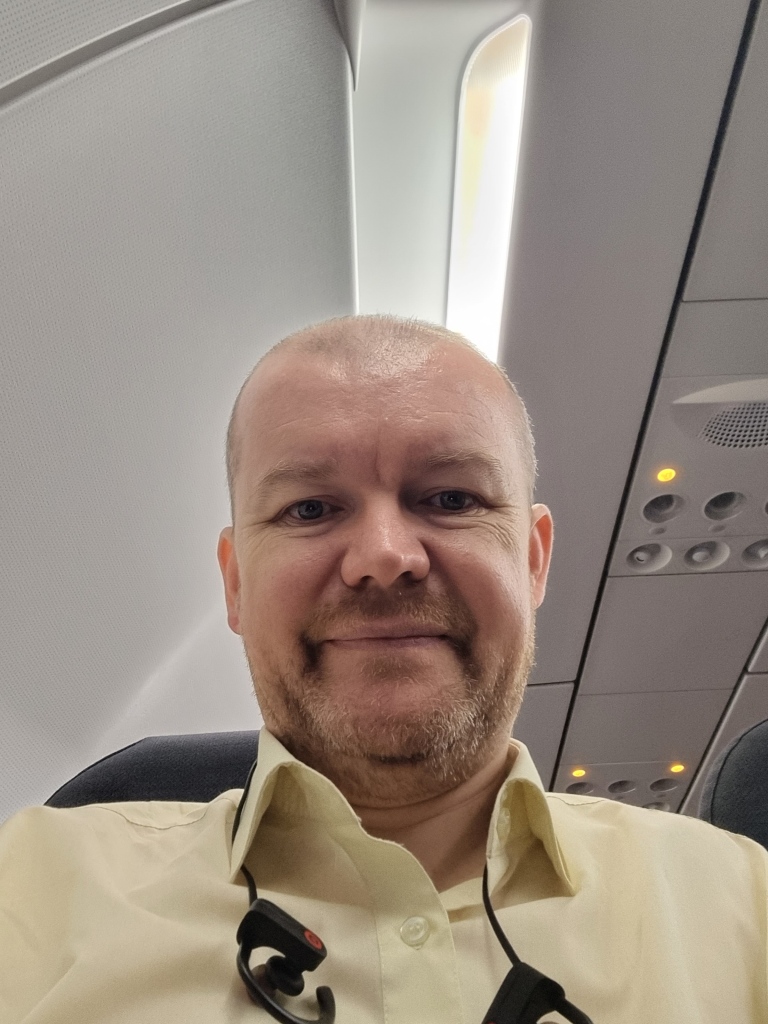
Its been a while since I have had to fly out to present at a conference, with the last time being almost 10 years ago flying to Kuwait from the UAE to present, but recently I found myself in Amsterdam presenting a cyber session at the EduTech Europe event. I suppose this means I can claim to be an international speaker for all that might be worth! In terms of the event itself I found it to be very useful indeed so I thought I would, as I have for other events, share my thoughts.
Education and Disruption
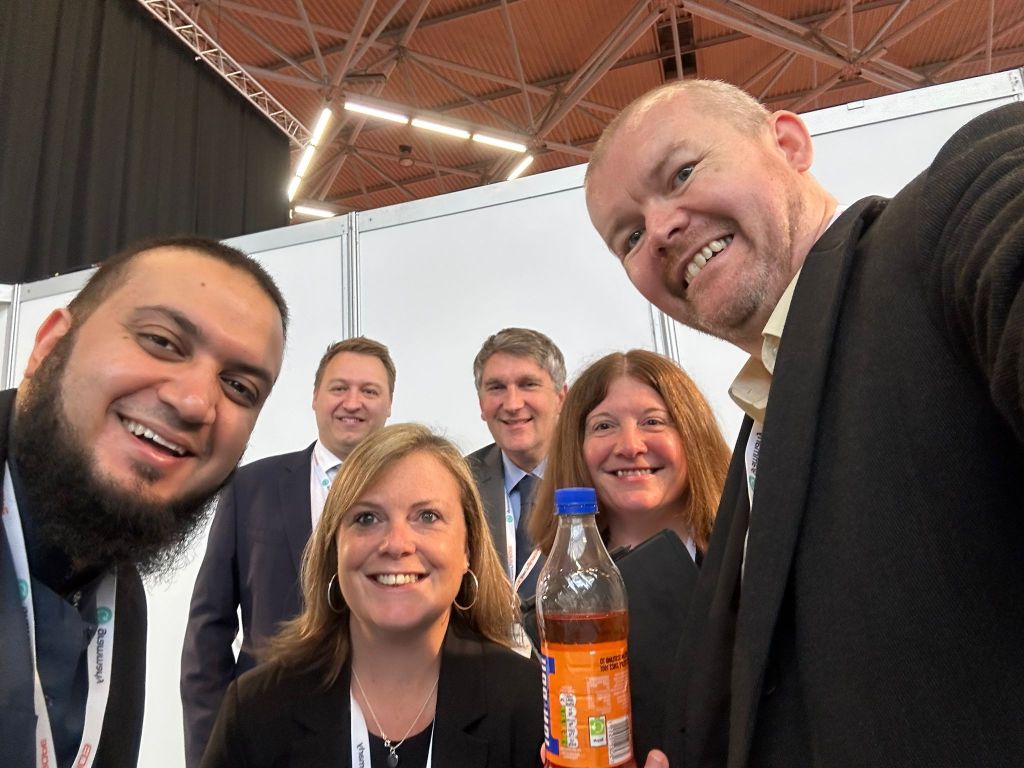
There was a fair contingent of UK EdTech experts and gurus at the event and it was great to catch up with many of them and to watch their various sessions. This continues to be one of the big reasons for events like this, in the networking and opportunity to share thoughts and ideas, however I think EduTechEurope did particularly well at this as there seemed to be more time to allow for discussion.
Of particular note was some discussion with Gemma Gwilliam and Emma Darcy in relation to the education system as it currently exists. Emma referred to “brave leadership” in her session, in response to a question from the floor relating to how the current curriculum doesn’t prepare students for the digital world which exists and which lies ahead. This struck me as highlighting that those schools seeking to do the right thing for their students are often having to break away from the established education system. In Emma’s case one aspect of this was re-imaging the school day and timetable to make time available for digital and the things that matter even when these are not within the curriculum or something the current education system seeks to develop or assess. Over lunch on day two, Emma, Gemma and myself had a really interesting discussion as to how we as a group, along with some others, might seek to support the “breaking” of education through constructive disruption. I left the event feeling energised and excited from the discussions and look forward to sharing the progress we as a group make over the coming months, and possibly ahead of EduTechEurope 2024.
Digital Strategy
Digital strategy in schools has been discussed often over the last 5 or 10 years so isnt something new. The pandemic also brought the importance of digital solutions to the forefront further stimulating the discussion however it was refreshing to hear discussion of an often forgotten aspect in relation to wellbeing. Technology allows us to do more and to be more efficient and quicker, but does this “doing more” have a negative impact on wellbeing and on staff workload? The wellbeing aspect of digital strategy is something we need to explore much more, as is the challenge regarding the “additive” approach to education which has seen us forever seeking to get better, which is fair and enviable, but at the expense of increasing workload and challenges around wellbeing and mental health.
AI in education
Laura Knight delivered her usual high quality and thought provoking session, this time on AI in education. She explored the benefits and challenges in relation to AI which is something I myself have explored in some of my recent presentations. The most interesting part of her presentation for me though was her discussion on agility and education. This is something I see as a key challenge given education has changed little over the last few centuries, albeit the whiteboard has been replaced by a projector or panel. This is against a backdrop of rapid technological development. We have therefore needed to re-evaluate our current education system for some time, including how we assess students, and how students progress through formal education. It may be that AI will now prove as a potential catalyst to make this change happen. It is also likely that in the first instance we will need the “brave leadership” and the positive disruption from a small number of schools to lead the way for schools and colleges in general.
Cyber Resilience
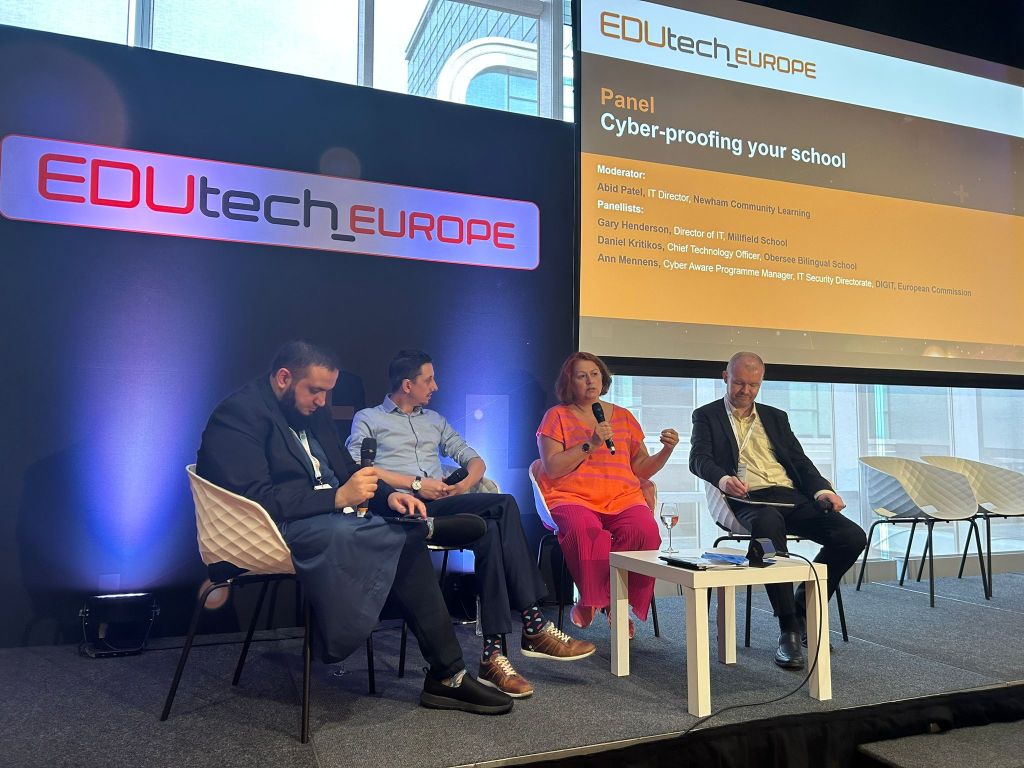
The panel session I was involved in looked at “cyber-proofing your school” and it was great to be on such a diverse panel chaired by Abid Patel.Some really good discussion with two particular notable points for me. One being the fact that schools dont and will not ever have the finances and other resources to cyber “proof” our schools so we can only focus on doing the basics and preparing for an incident. The second take away for me was the fact the session was the last session of day 1, with this often being the case for cyber security awareness sessions, given limited time and placed at the end of an inset day; We need to realise that the potential impact of a cyber incident means we need to move cyber up the pecking and priority order, treating it not as an IT issue but as an organisation wide issue.
Travel issues
Any event I attend cannot be without its travel issues and this event was no different. Firstly, it was the short stay carpark, a nice 2 or 3 mins walk from the departure terminal, being closed leading to a longer and unplanned 15 to 20 mins walk to be met with a snaking long queue for security. Panic ensued however thankfully the Bristol security team were efficient and quickly saw us all through. Once in Amsterdam I couldn’t check into the hotel when I arrived leading to having to attend the conference a little dishevelled from travel and rushing around.
And on the homeward bound leg it was plane delays and an amusing moment at the gate as shown on my app, looking at a plane at the gate but unable to get to that plane, as the plane slowly backed away from the gate; Myself and another passenger wondered if that was our plane and we had missed it but thankfully it wasn’t our plane, and our plane was still 1 hour from arriving. And once back in the UK, exiting airport parking, my ticket wouldn’t work to open the barrier so I pressed for help. The helpful voice took some details and then went quiet. After about 10 minutes sat waiting I pressed for help once more and got the same helpful voice who for reasons unknown had forgotten about me; The barrier then promptly raised and I exited the carpark, promptly turning down the wrong exit from a roundabout and nearly going back into the same carpark. A little three point turn and I finally was heading in the correct direction.
Conclusion
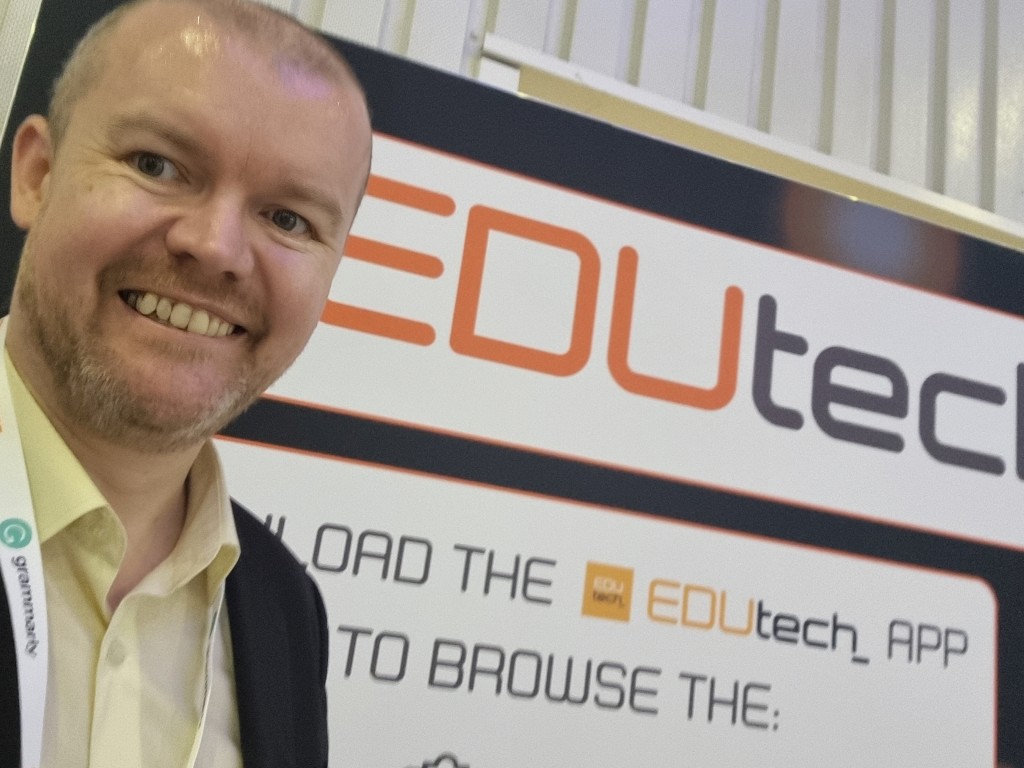
It was a very worthwhile trip, catching up with so many great people and also watching and listening to a number of really useful and informative sessions. It was also nice to listen to a broader range of speakers from across Europe rather than just UK only as is common in UK based events. This made for a richer discussion including discussion of education within a variety of different national and regional, and stage, related contexts. As always the network side of things was a key benefit of the event and I look forward to some follow up from some of the really interesting and exciting discussions and plans that were created.


